Thanks to livelihood support from programs and projects, women in the Brocade Weaving Group of A Bung commune, Dakrong district have more stable jobs and income than before - Photo: TCL
The Central Committee of the Vietnam Women's Union has just held a conference to summarize Project 8 "Implementing gender equality and solving urgent issues for women and children" phase I: from 2021-2025. According to the assessment results of the Central Committee of the Women's Union, after 4 years of implementation, Project 8 basically completed 8/9 core targets and exceeded the phase plan, of which 4/9 targets exceeded the plan (including: Community communication team reached 115.5%; Community trusted address reached 231%; "Leader of change" club reached 113%; capacity building for ethnic minority female cadres reached 208%).
In Quang Tri province, Project 8 Phase I has marked important steps in raising community awareness, promoting positive behavior and creating the premise for long-term change in ethnic minority and mountainous areas. A series of women's models, organizations and community groups have been established and operated effectively in many remote communes.
To date, there have been 171 community communication teams operating actively and substantially in 37 communes and towns in 2 mountainous districts and 3 districts with mountainous communes. Recognizing the positive impact of this intervention model, many localities have proactively expanded and operated teams and groups covering all villages and hamlets, typically: Lia commune with 10 teams, Huong Phung with 8 teams, Ta Long with 8 teams, Dakrong commune with 8 teams; Linh Truong commune with 7 teams.
In addition, 54 "Community Trust Addresses" were established and maintained in operation, promptly handling and resolving cases related to domestic violence, actively communicating to people about issues related to gender violence, and building safe and happy villages for women and children.
In 29/37 communes and towns, 30 “Leaders of Change” clubs have been established and operated in primary and secondary schools. With this direction, the clubs of Project 8 have created confidence and courage in students, raising the pioneering spirit, daring to think, daring to speak, daring to change for the younger generation. The executive boards of the clubs work responsibly, proactively, creatively, contributing to leading and training the core “nuclei” for propaganda work in the locality, contributing to the change of thinking and working methods for ethnic minorities.
Notably, through the activities of Project 8, the capacity of ethnic minority female cadres has been significantly improved. The grassroots cadres participating in Project 8 activities have been trained and fostered to become leaders in community activities. Not only stopping at small group activities and communication sessions in villages, the Women's Union of communes and towns in mountainous areas has been trained to organize dialogue conferences between women and local Party committees and authorities with many diverse topics, related to the legitimate and legal rights and interests of women and children.
In Huong Hoa district, 13/25 conferences were organized by the commune Women's Union, attracting the participation and contributions of many members and women. In many mountainous localities, the number of female village heads has increased - an initial signal for the shift in leadership structure at the grassroots level.
However, many difficulties and backlogs still hinder the project implementation process. Some spending norms according to Circular 55/2023/TT-BTC are still low compared to actual requirements; the application of the circular between implementing agencies and the finance and treasury sectors in some places is not consistent, making it difficult to prepare estimates, implement activities and make final payments.
Maintaining and ensuring the effectiveness of community intervention models is still difficult due to dependence on local budget sources, especially for established models that are no longer subject to the program. The implementation of science and technology application activities is also difficult, because few models meet the support conditions, and the implementation work must be coordinated with many units and sectors.
People's awareness is still limited, women are used to backward and fragmented production practices, and resources to support model building are limited, so the target of supporting livelihood groups, cooperatives, and cooperatives applying science and technology is difficult to achieve.
Entering phase II (2026-2030), Project 8 is expected to not only stop at "raising awareness", but also impact a variety of subjects, arousing the initiative to "pioneer change" in the awareness and actions of women, communities, levels and sectors.
Accordingly, focus on promoting propaganda to raise awareness, arouse the internal strength and initiative of women in ethnic minority and mountainous areas; promote the initiative and responsibility of each locality, and the participation of the community in implementing gender equality in accordance with the characteristics of the area, ethnic composition and culture of each locality. Continue to identify gender equality as a consistent principle in implementing the entire National Target Program on Socio-Economic Development with Ethnic Minorities and Mountainous Areas for the period 2026-2030.
In the coming time, the restructuring of the entire political system, along with strong digital transformation, also poses many challenges for project implementation. Therefore, the Vietnam Women's Union proposes to continue maintaining the model of Project Steering Committee at the central and provincial levels to ensure synchronous coordination. The Ministry of Finance will take the lead in guiding the financial mechanism for the project.
The provincial People's Committee organizes implementation, supervises, reports results and arranges counterpart budget according to regulations. At the same time, it focuses on directing, guiding, providing technical support, improving implementation capacity for the provincial level; modeling and monitoring, supervising, evaluating, summarizing as a basis for drawing experience in implementation, adjusting in accordance with reality, following the principle of decentralization and delegation of power so that localities decide, localities do, and localities are responsible.
Tran Cat Linh
Source: https://baoquangtri.vn/ket-qua-thuc-hien-du-an-8-tao-tien-de-cho-su-thay-doi-timch-cuc-ben-vung-o-vung-nui-193890.htm


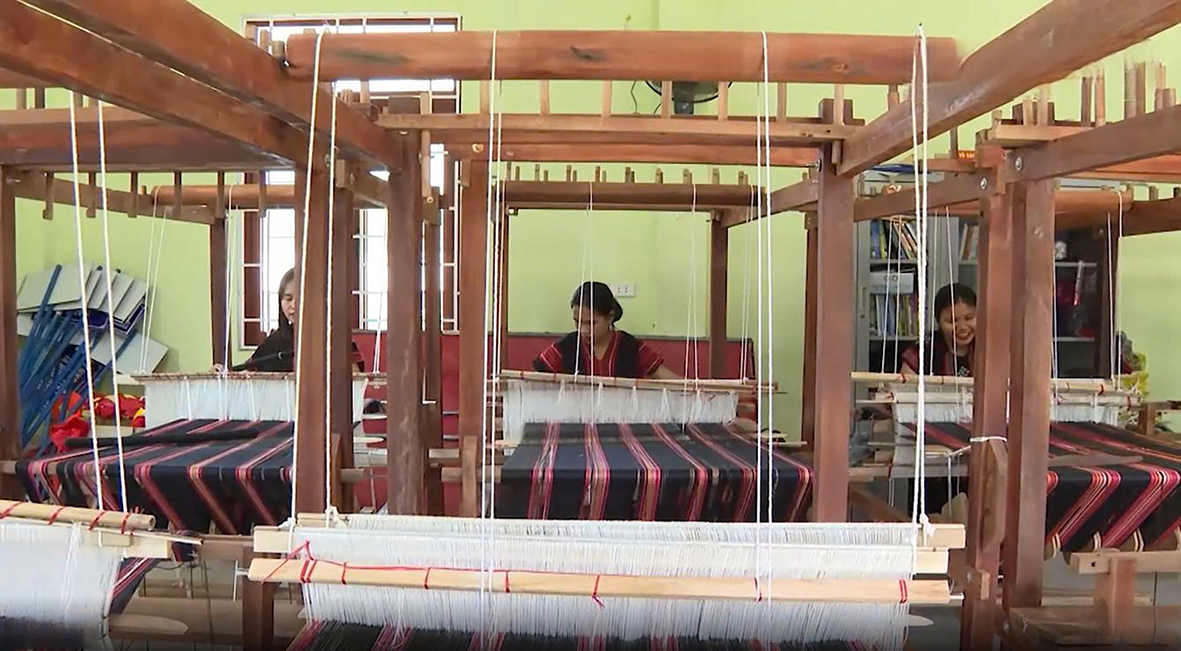



![[Photo] Pink ball and table tennis](https://vphoto.vietnam.vn/thumb/1200x675/vietnam/resource/IMAGE/2025/5/26/d9f770bdfda243eca9806ea3d42ab69b)

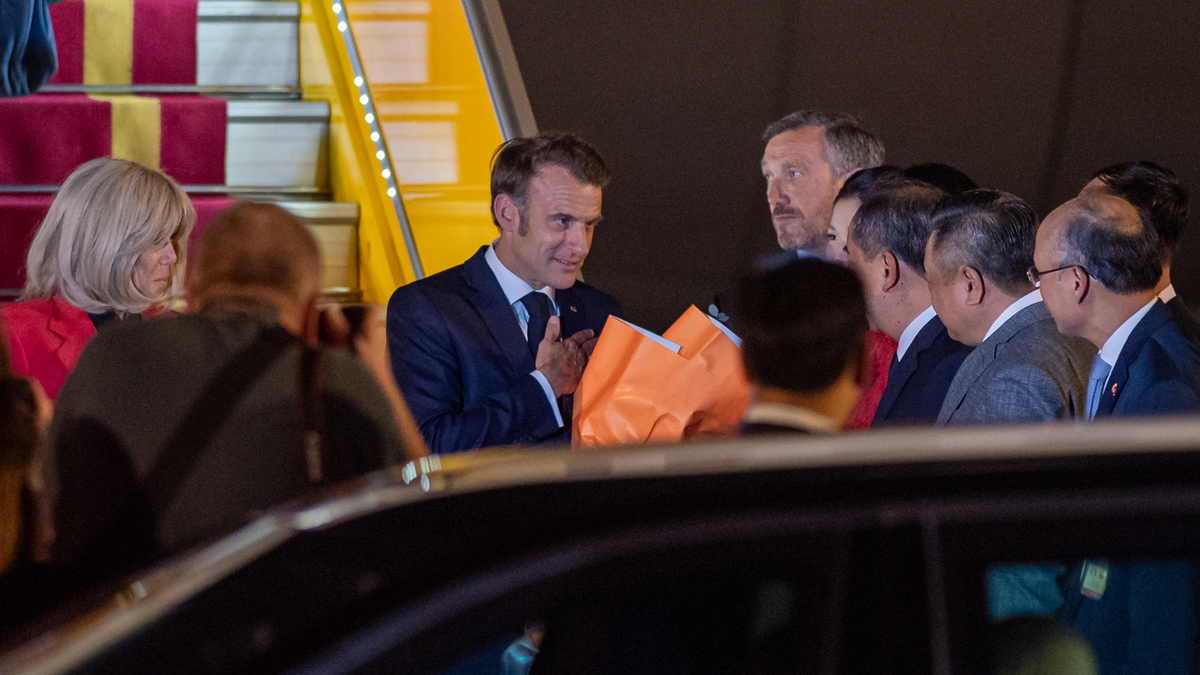






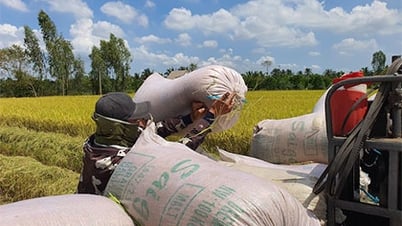



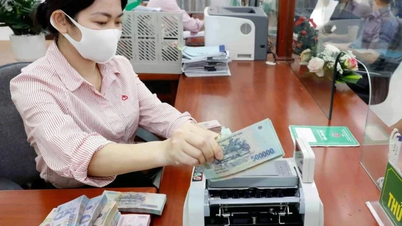







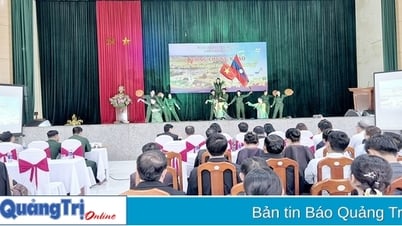
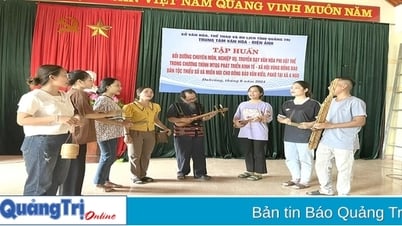
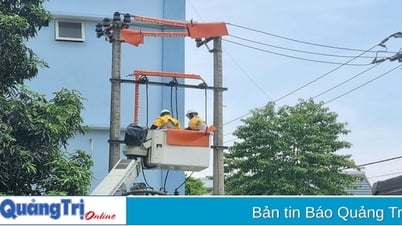
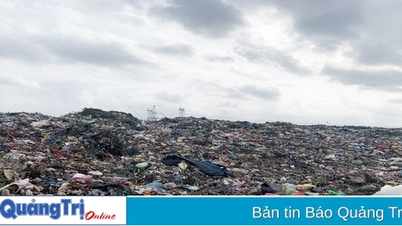
![[Photo] Official welcoming ceremony for French President Emmanuel Macron and his wife on a state visit to Vietnam](https://vphoto.vietnam.vn/thumb/1200x675/vietnam/resource/IMAGE/2025/5/26/a830702ef72f455e8161b199fcefc24d)

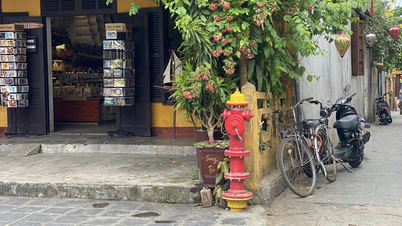





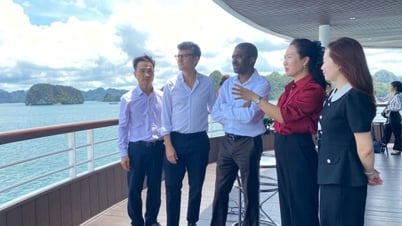
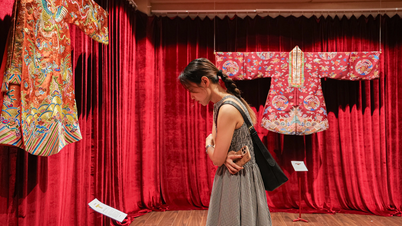



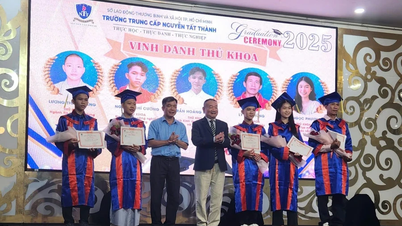


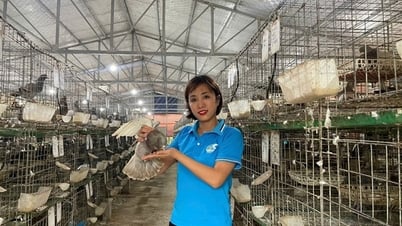

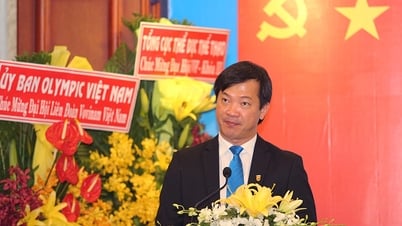







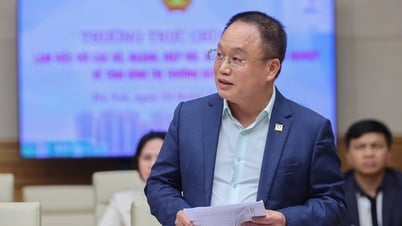





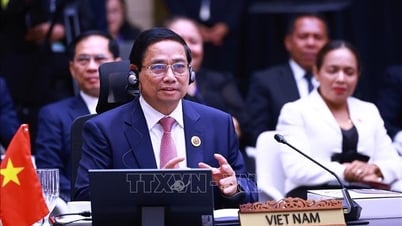

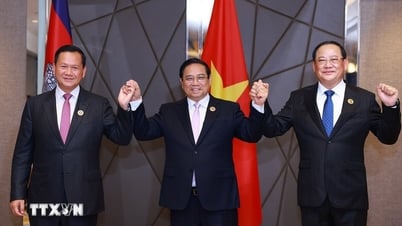
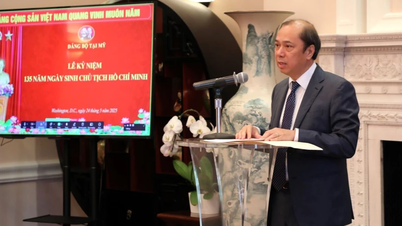
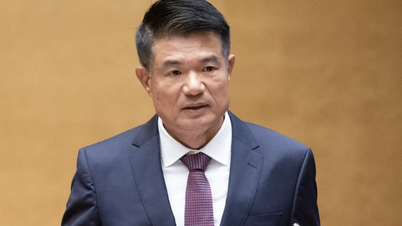
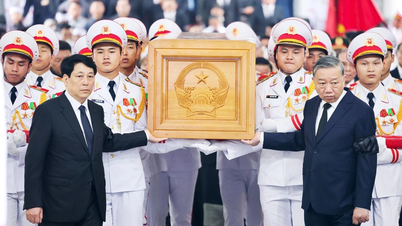
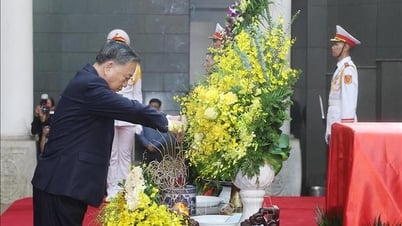

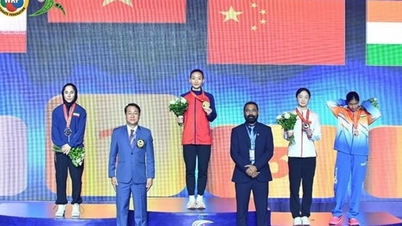


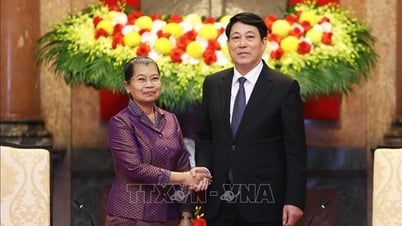
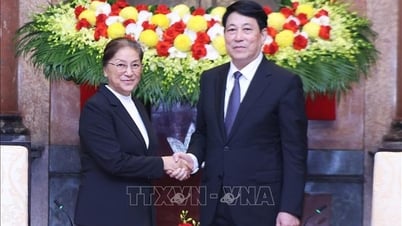

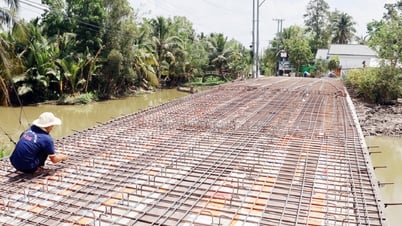



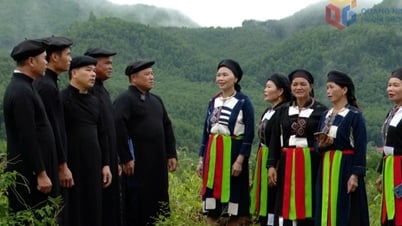


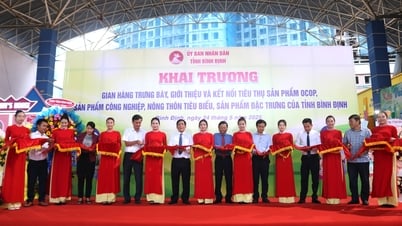



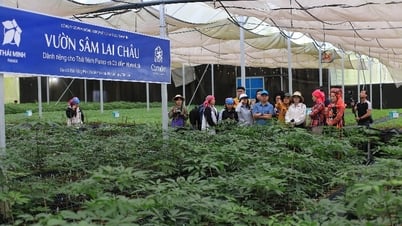



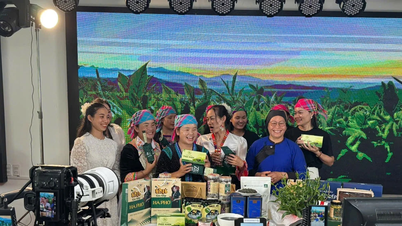



Comment (0)